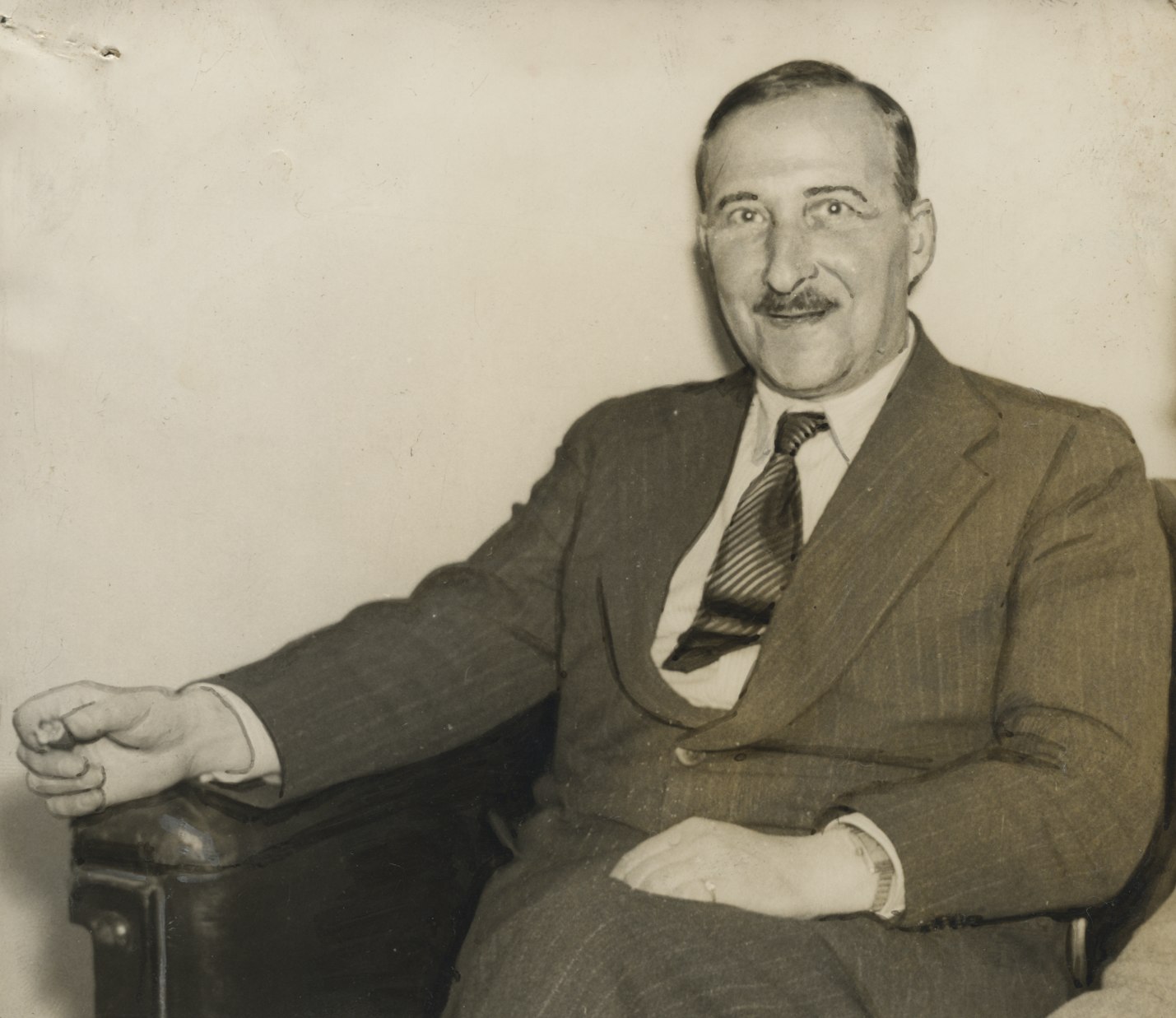Stefan Zweig Frases famosas
Citações de vida de Stefan Zweig
Stefan Zweig frases e citações
“Toda a beleza do ser humano consiste em se tornar algo melhor do que se foi.”
No livro ‘Morte no Paraíso’, de Alberto Dines, ROCCO
O mundo que eu vi - página 139 http://books.google.com.br/books?id=Vsc6at6LePwC&pg=PA139, Stefan Zweig, Editora Record, 1999, ISBN 8501055484, 9788501055484, 528 páginas
Erasmus von Rotterdam: Triumph und Tragik
Stefan Zweig: Frases em inglês
“Anger makes one not only malign but sharp-sighted.”
Beware of Pity (1939)
Erasmus of Rotterdam (1934), p. 116, as translated by Marion Sonnenfeld
Twenty-Four Hours in the Life of a Woman (1927)
“The avaricious are thrifty with time as well as money.”
Beware of Pity (1939)
“Hairdressers are professional gossips; when only the hands are busy, the tongue is seldom still.”
The Post Office Girl (published posthumously in 1982)
“In the end one needs forbearance to get by in this world.”
The Post Office Girl (published posthumously in 1982)
“Whatever a woman's reason may say, her feelings tell her the truth.”
Twenty-Four Hours in the Life of a Woman (1927)
Stellar Moments in Human History [Sternstunden der Menschheit] (1953), p. 280, as translated by Marion Sonnenfeld
Confusion of Feelings or Confusion: The Private Papers of Privy Councillor R. Von D (1927)
“The heart is able to bury deep and well what is urgently desires to forget.”
Beware of Pity (1939)
Twenty-Four Hours in the Life of a Woman (1927)
Confusion of Feelings or Confusion: The Private Papers of Privy Councillor R. Von D (1927)
“To grow old means to be rid of anxieties about the past.”
Twenty-Four Hours in the Life of a Woman (1927)
Twenty-Four Hours in the Life of a Woman (1927)
Twenty-Four Hours in the Life of a Woman (1927)
“The subject of a rumor is always the last to hear it.”
The Post Office Girl (published posthumously in 1982)
